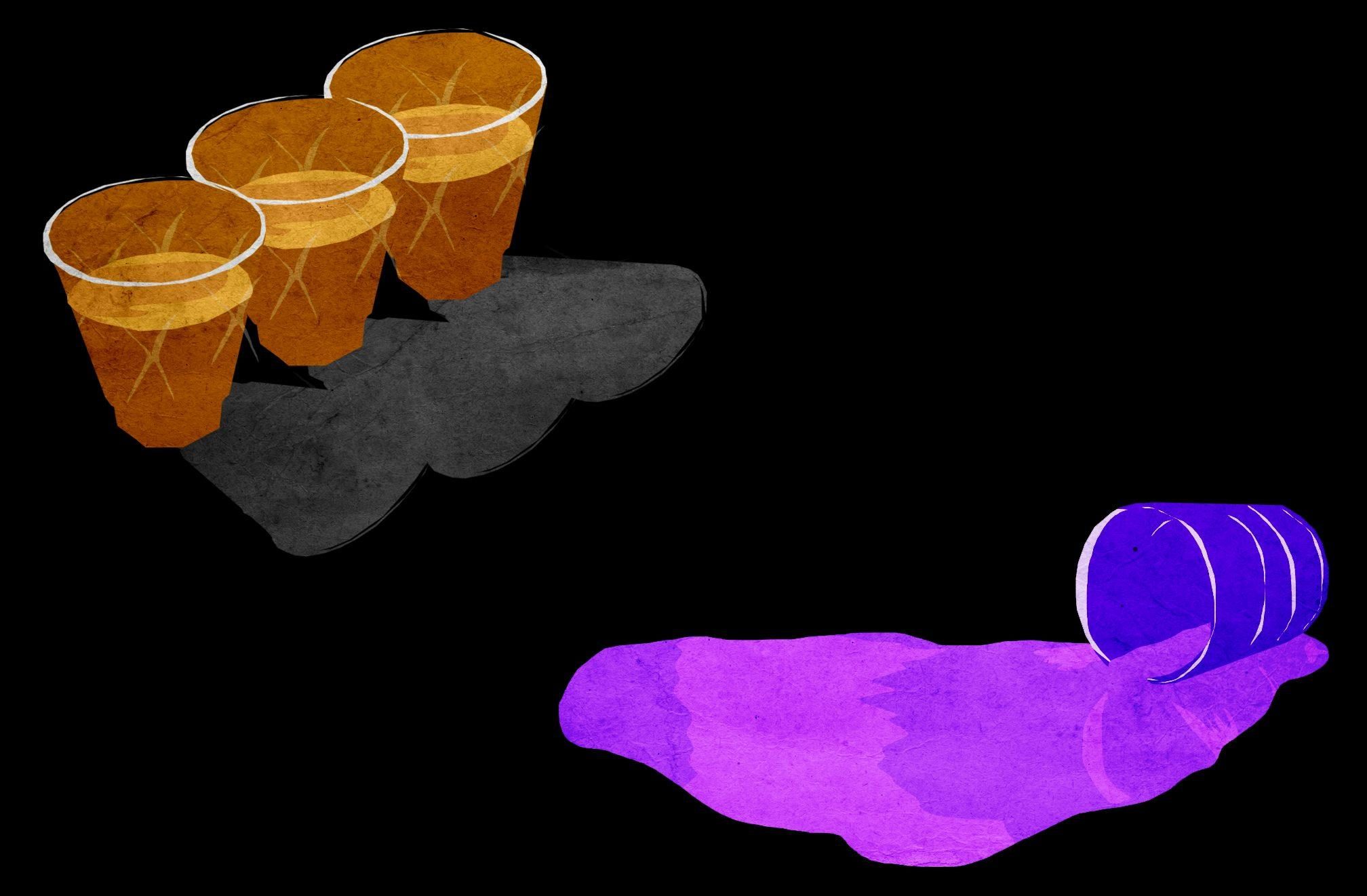 Features
Features
How the music industry condones a culture of excessive substance use
Drugs, alcohol, and nightlife have a long and complicated relationship, but the music industry must do more to prevent substance abuse
When recollecting their most significant late nights out, it’s not uncommon for many people to attribute at least part of music’s transformative bliss to one substance or another. With the right precautions and an understanding of one’s own limits, using recreational drugs isn’t inherently unsafe.
The problem lies within the culture of music, and the wider entertainment industry, that encourages and normalises excessive substance use, which can lead to abuse and dire consequences. This is not to say all drug use should be condemned. Rather, we should carefully examine the structures and environments that lead to drug and alcohol abuse and think about how we can dismantle them, while also still being able to use substances responsibly.
Many a discussion has been had about whether you need to be doing drugs to enjoy dance music, but there are seldom few conversations that comprehensively take up how working in and enjoying entertainment and nightlife can lead often to substance abuse. It’s often assumed to be an inescapable aspect of the culture; late hours (especially within the electronic music scene), lots of running around, always needing to be ‘on’ – it makes sense why people would turn to substances as a tool and a buffer.
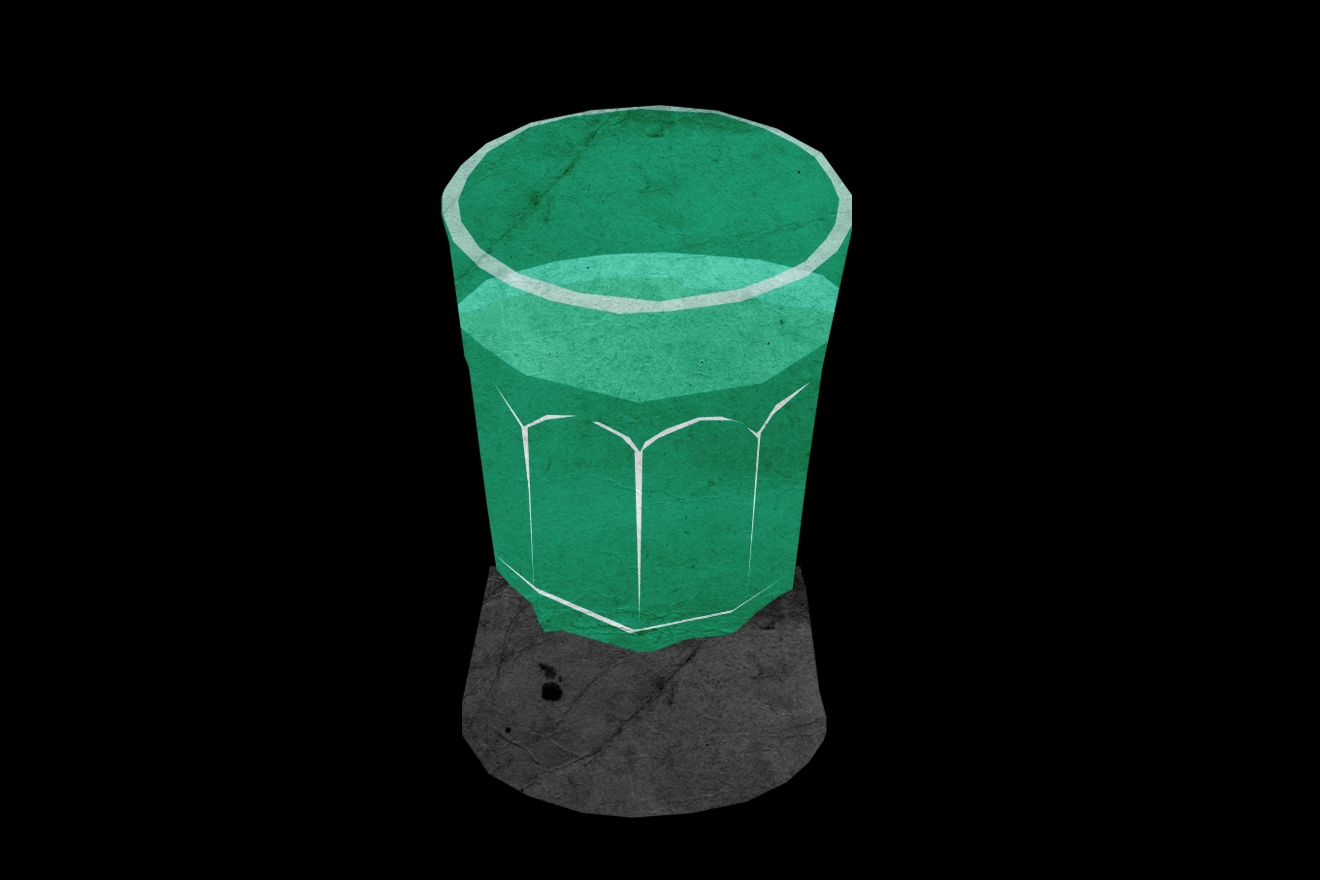
Those who choose not to partake for whatever reason can be met with a handful of reactions. While sobriety may not be a choice that people are explicitly or publicly shamed for, there isoften an implicit pressure to participate in the culture. If you don’t, whether that means sober clubbing, taking an early night, or going out less in general, it shouldn’t mean that you’re any less committed to the scene.
This pressure, at some times more apparent than others, comes in large part from the social aspect of music and the subsequent business around it. While other entertainment industry professionals may, too, have a reputation as frequent partiers, the commodity being sold in this case (music) is often meant to be consumed in a social space, in a different manner than visual art or film. In music, going to a show and staying out all night can be considered A&R research, or a time for schmoozing with prospective clients or future employers; reviewing a movie in a dark theatre for two hours is a vastly separate experience from reviewing a show in a club that goes until 5 am.
Manicure Records headGhibli explores this phenomenon: “Speaking from a DJ perspective, we primarily trade in nighttime and in events that facilitate socializing, of which taking substances goes hand in hand. I literally struggle to think of the last event that I attended that didn't have booze flowing through it… When you think of a parallel with the film industry, most working hours are during the day, in studios, and once the product is out, it’s out. Music requires the artist to usually be in a room with other observers.”
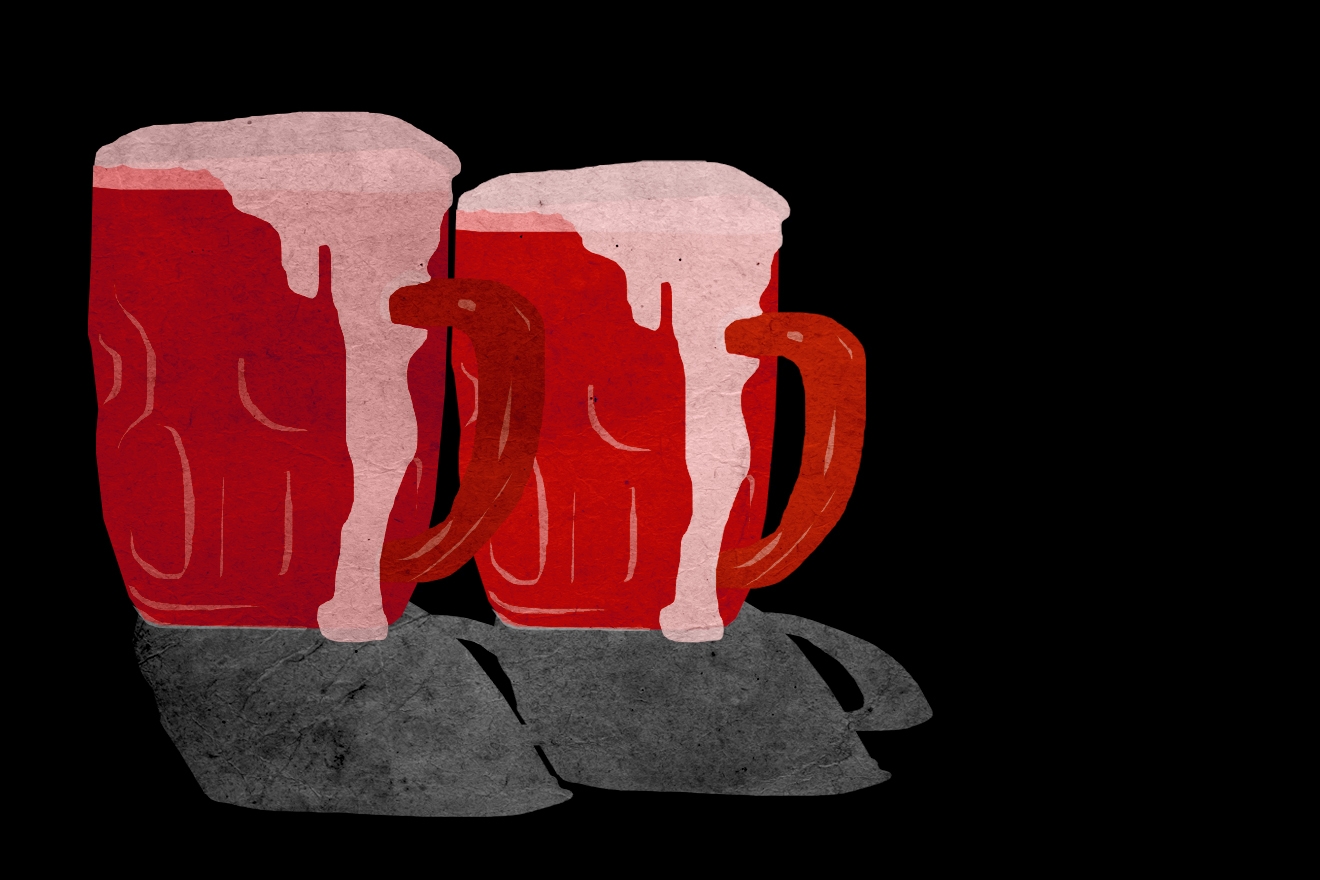
Of course, it’s not merely the job description itself that lends itself to substance use. As much as we’d like to believe otherwise, profit is ultimately what guides the industry; people need to sell records and get booked to keep their jobs and make a living. These capitalist parameters ultimately stress efficiency and productivity over physical and mental health. Taken with the pressures of working in an intentionally cutthroat field, to say nothing of the various pressures of daily life, it can all be incredibly overwhelming.
“We really have to look at what drives people to addiction. In short – a shitty fucking world,” says Discwoman co-founder Frankie Decaiza Hutchinson. “To put it very simply, a lot of systems need to change in order to not make people feel disenfranchised.” The undoing of oppressive structures is not something that is going to happen overnight, but there are gradual steps we can take to dismantle corporate power as much as possible, and help our communities thrive and succeed in non-destructive ways.
A good place to start is with community-based organizations that value connection and mutual benefit over capital and individual profit. Organizations like Discwoman, whose booking agency revolves around interpersonal relationships, and spotlighting underrepresented women and genderqueer artists, demonstrate a way forward. Crews like the Bay Area’s Club Chai center artists from Oakland but provide a platform for producers from all over the world with their label, in addition to creating an inclusive physical space with their parties. These models represent what the future of new frameworks within nightlife might look like.

The responsibility to change substance culture also lies with the venues hosting nightlife events. Kristin Malossi, aka DJ Voices, a member of the Working Women crew and head of booking at Brooklyn venue Sisters, points out how event spaces often rely on alcohol sales to keep things running smoothly in several ways.
“One of the worst ways the music industry continues to be crushed by capitalism is basing payout/talent budget on bar sales for small-scale events, and the ubiquity of liquor sponsorships/deals in major clubs and at most festivals,” she says. “When the parties are free, and the music isn't the main financial draw for a space, you really have to rely on that, which puts undue pressure on DJs not only to get people out, but to ensure their guests are also spending money at the bar too.”
Though it may not be as lucrative in the short-term as selling alcohol, non-alcoholic beverage options are a good way for the venue to make some money without encouraging a culture of excess. PTP label boss and smoothie connoisseur Geng suggests some alternatives to alcohol sponsorships: “It'd be nice to see venues/events get sponsorship from the smaller companies who make healthy vegan power bars – not that sugary bullshit and definitely not some energy drink – and real (non-fluoridated) water and such. A lot of folks don't realize how relative diet and health is to mood/mental state and capability, that chemistry.”
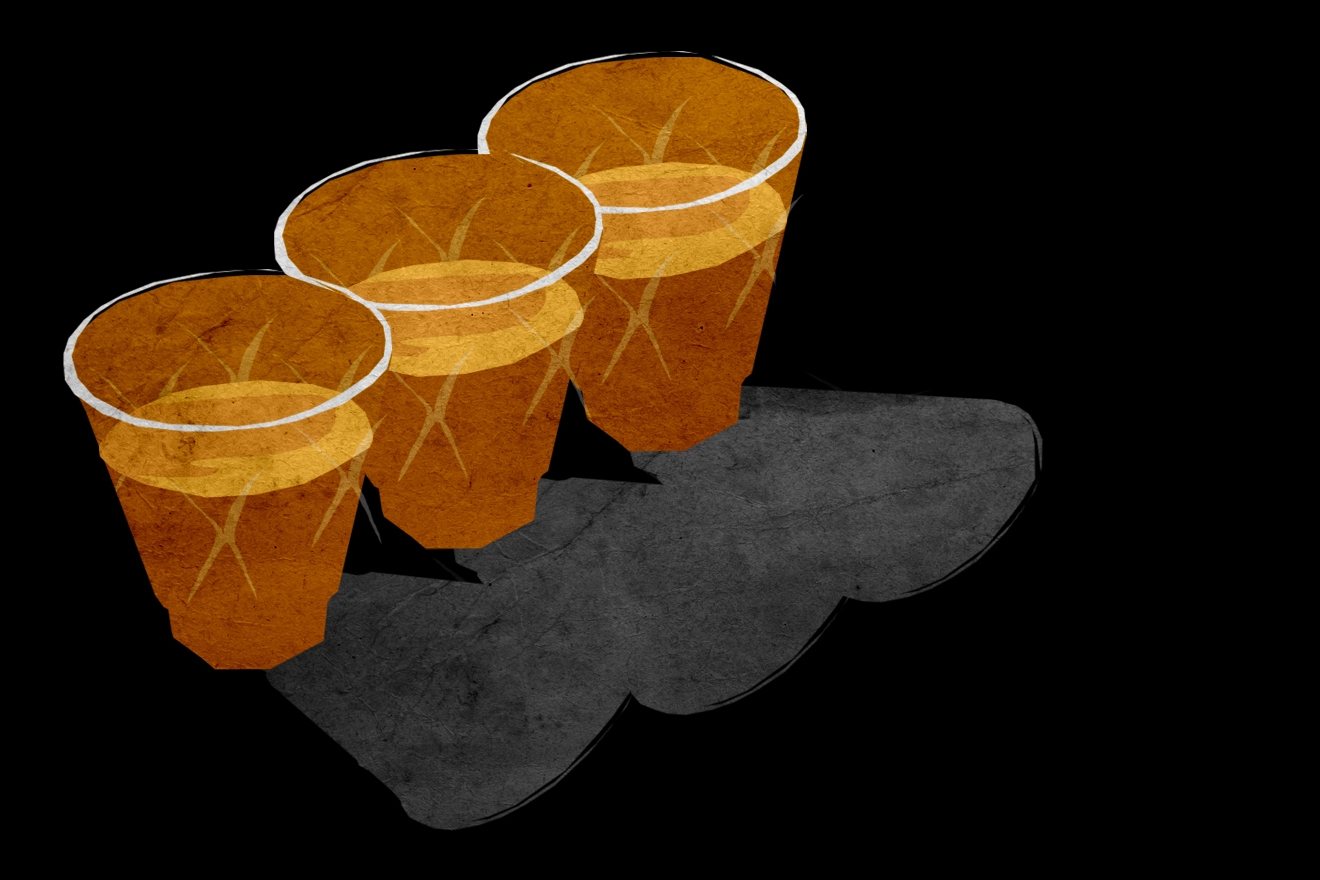
This points to a larger trend within the music industry – though the community has grown more open in the past few years with regard to talking about issues like mental health, people are still not willing to admit that substance abuse can often augment mental health issues. Everyone talks the talk but it seems like there’s very little follow-through; people will retweet an article about ‘how things need to change,’ and then go out and give their friend a hard time for not drinking. “The reality is that prolonged excessive substance abuse can make you really ill, both in a physical and mental state,” says Aurora Mitchell, a London DJ and music journalist.
“Sesh culture can often encourage or make people feel pressured to stay up and take drugs all day and while some people can handle it perfectly fine, it can become a debilitating habit for others. At one point a couple of years ago, I couldn't go to a club without having a panic attack, and being around people who were excessively taking substances made me feel even less safe and on edge. While sober clubbing can be really enjoyable, sometimes it just makes me more hyper aware of people who aren't sober,” she says. Again, while the stigma may not be overt, the structural tension goes deeper than any one night out. So how do we actively create a more sustainable, accepting environment for people who are sober or just want to take a night off from substances?
A source working at a record label, who wished to remain anonymous, remarked on how these environments are created from the top down, and perhaps can be solved that way too: “People in positions of power at labels, management companies, etc. need to be aware of the influence they have on company culture as a whole, and work to avoid coercing coworkers, consciously or not, into unhealthy use of substances. But we also have an individual responsibility to our friends and coworkers to flag toxic behavior and actively discuss how we in the music industry approach substances, since right now it seems like a taboo subject.”
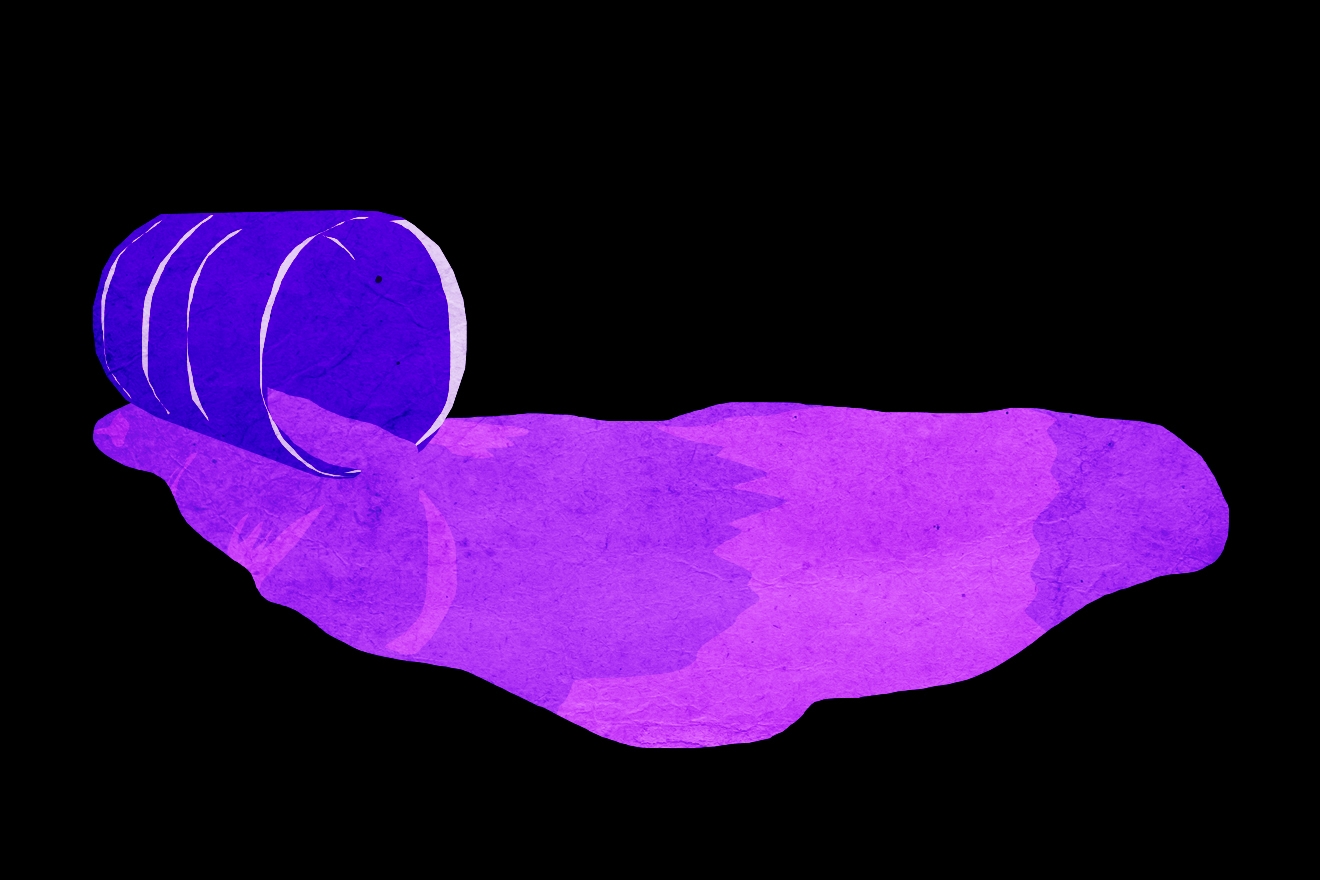
Taking time and approaching this subject with care and compassion, rather than aggression or hostility, will be the way we move forward. “We should practice and avidly promote more open discussions,” says Fresno, California producer and DJ GEWZER. “Honesty and empathy need to be at the forefront of the conversation when attempting to heal collectively and in our day-to-day interactions.”
The Duchess, a New York City-based DJ and radio host, echoes this sentiment: “The responsibility falls on each of us to take care of ourselves and each other to the best of our abilities. To check on our friends, to check on ourselves – to check the way we speak about these substances, how we perpetuate the normalisation of them, and their use in our own households, social circles, and communities every day.”
Perhaps this is all sounds a bit idealistic, but it’s important to consider the ways in which substance abuse, physical and mental health, and profit-driven industry all interact, not to mention other harmful, predatory behaviors that a culture of substance abuse can foster. Ultimately, music-oriented nightlife is made up of people who are seeking to make space for one another and looking to find themselves in the dance, and the well-being of those communities should always be the fundamental priority.
Nina Posner is a freelance journalist and Mixmag's bass and club music editor, follow her on Twitter



